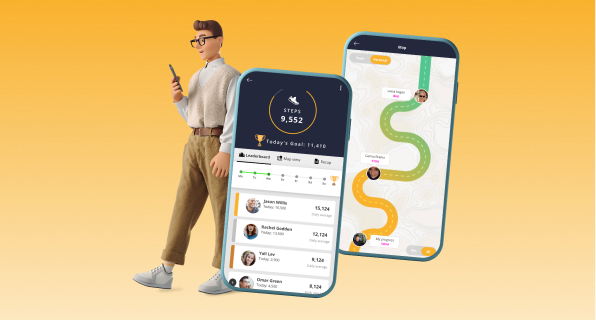How many breaks should you take at work?
It is generally recommended to take a break every 20-30 minutes to get up and move around. If you have a job that requires you to sit for long periods of time, you may need to take more breaks. You should also take a longer break for lunch, at least 30 minutes.
What to do when you can't take breaks often
Sometimes, due to the nature of our work, we may not be able to take breaks as often as we should. This is especially true in jobs that are fast-paced, high-pressure, or require us to be constantly focused on our screens.
If you find yourself in this situation, there are a few things you can do to minimize the negative effects of sitting for long periods of time:
- Get up and move around as much as possible. Even if you can only get up and walk to the water cooler or printer once every hour, it will make a difference.
- Stretch your muscles regularly. This will help to reduce muscle tension and improve your flexibility.
- Take deep breaths throughout the day. This will help to relax your body and mind.
- Adjust your workspace to make it more comfortable. This may involve using an ergonomic chair, adjusting the height of your monitor, or taking breaks to stand up and work at a standing desk.
- If possible, try to schedule a longer break for lunch. This will give you more time to relax and de-stress.
It is also important to talk to your employer about your concerns. They may be able to help you to find ways to take more breaks throughout the day, even if it is just for a few minutes.
When you cannot take breaks as often
- Drink plenty of water. Staying hydrated will help to improve your circulation and energy levels.
- Eat healthy snacks. Avoid sugary snacks and processed foods, which can make you feel tired and sluggish.Instead, opt for healthy snacks such as fruits, vegetables, nuts, and yogurt.
- Take care of your sleep hygiene. Make sure to get enough sleep each night, so that you are well-rested and able to focus the next day.
Additional tips for staying productive at work
- Avoid eye strain by taking breaks to look away from your screen and focus on something in the distance.
- Get some fresh air and sunshine by going for a walk outside during your lunch break.
- Socialize with your coworkers to help reduce stress and improve your mood.
- Take advantage of employee wellness programs, such as yoga classes or massage therapy.
Taking care of yourself at work is important for your overall health and wellbeing. By following these tips, you can stay healthy, productive, and happy on the job.








